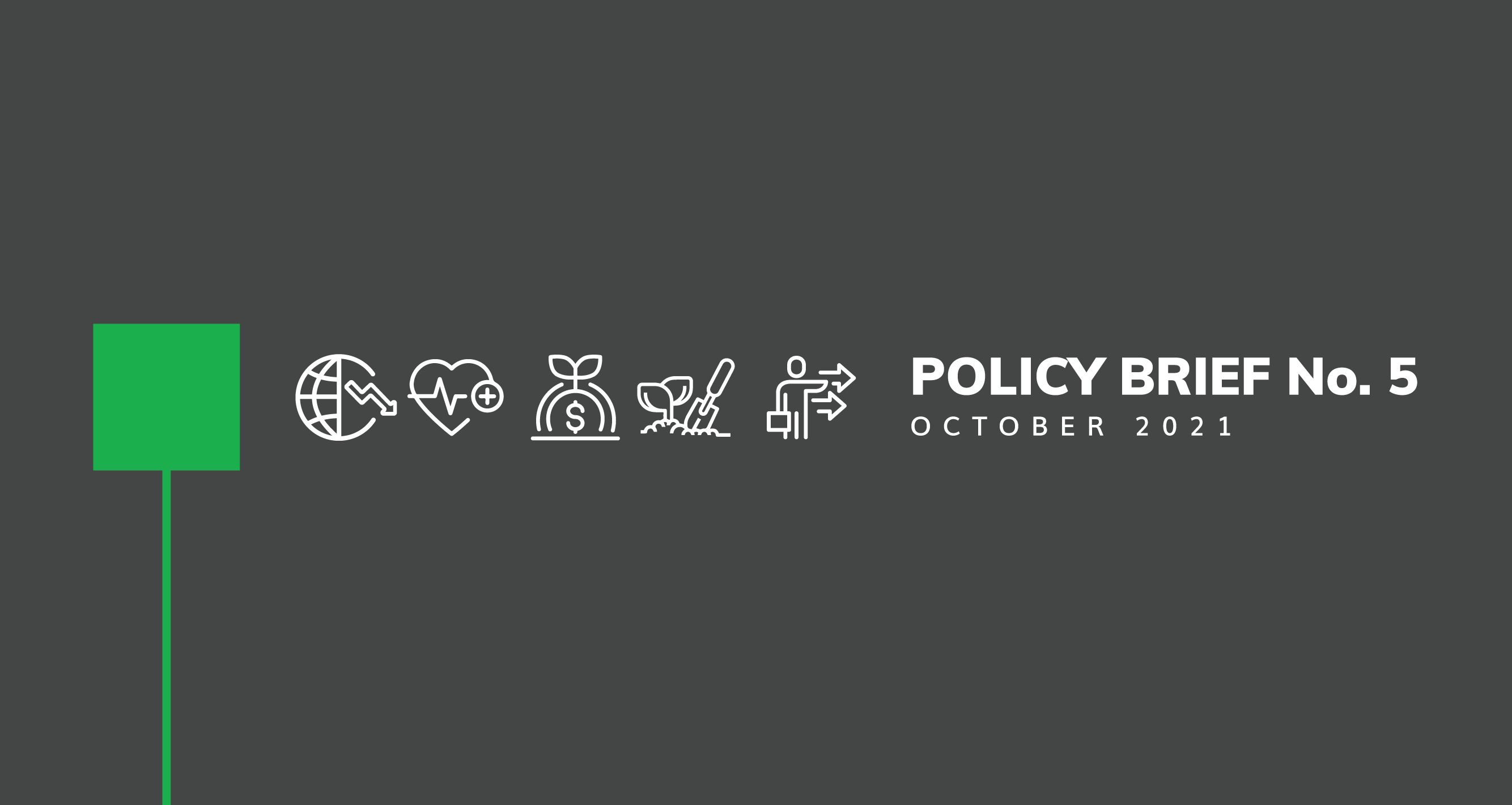This paper identifies five priorities for South Asia to recover from the pandemic while making progress towards the SDGs.
Key messages
- African nations have fared better than the rest of the world in terms of the devastating health-related impacts of the COVID-19 pandemic. However, containment measures halted economic activities that resulted in major setbacks to the Sustainable Development Goals (SDGs).
- To ensure a fair recovery from the pandemic, governments in Sub-Saharan Africa (SSA) should focus on the following priorities: building a strong and resilient healthcare system; helping small and medium enterprises (SMEs) to revive growth; diversifying economic activities in export-oriented sectors; promoting digitalisation in education, governance and economic activities; and strengthening bilateral and regional cooperation.
- Recovery measures should include the creation of safeguards for SMEs from global calamities through capacity building for entrepreneurship, establishment of capital recovery programmes that forge strong links with financial services, and increasing formalisation of informal sector businesses.
- SSA should consider diversification of export commodities, by exploring alternative sectors such as agriculture, solid mineral, manufacturing, and services. This will require capacity building initiatives for vulnerable groups so that they can prepare export-quality products and lower dependence on oil exports while incentivising the fisheries sector to grow.
- While progress has been lost, the pandemic has provided new opportunities to get back on track towards achieving the 2030 Agenda. By leveraging the benefits of a teeming youth population, coupled with the low pandemic fatality rates, SSA can chart a path towards self-sufficiency by prioritising the development of a more resilient economy, indigenous manufacturing capabilities, and strengthening healthcare systems to address future shocks


